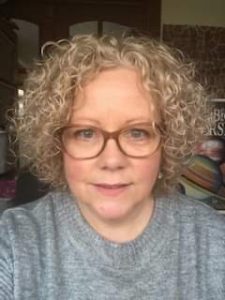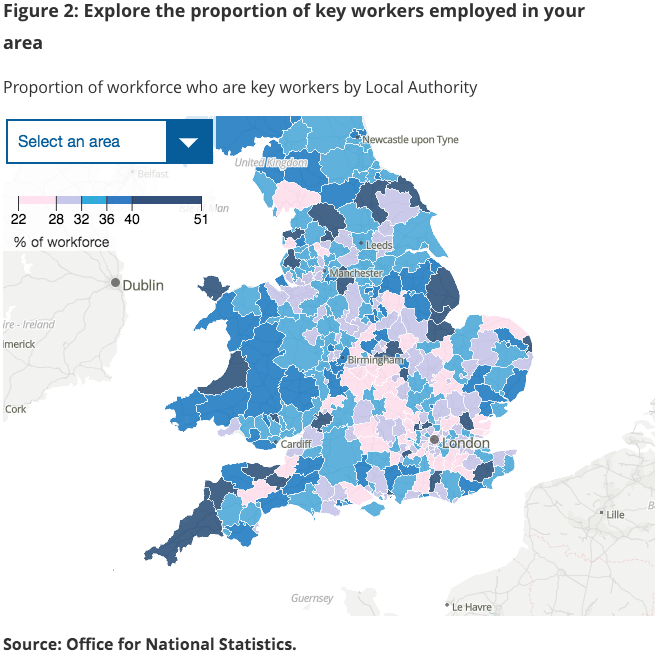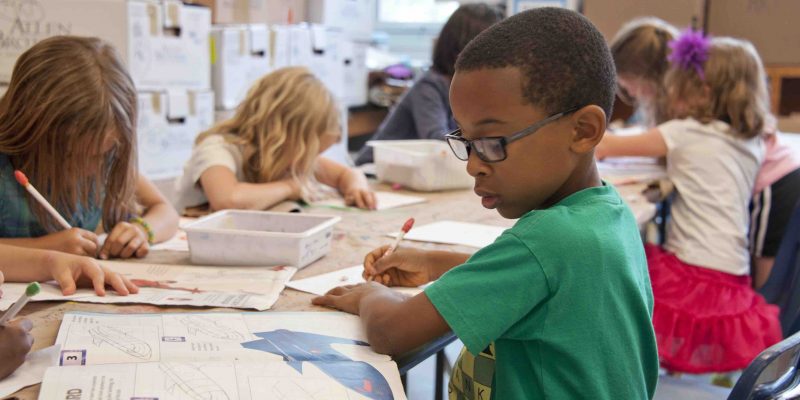The COVID-19 pandemic has hugely affected primary schools, with just over half a million children attending early years in the last ten months, according to gov.uk.
Whilst the struggles of secondary schools have been well-documented, this leaves infant and primary schools, who teach children aged between four and ten.
With the uproar caused by cancelling GCSE and A-Level exams, the younger Key Stages have had less coverage in the issues they’ve had to deal with.
But is this putting pressure on primary and infant schools?
St Peter’s Infant School, in Medway, has 73 pupils currently, which is just over half of their full capacity of 120. They are still struggling during the pandemic.
Kent’s weekly cases per 100,000 people are down to 517.3 yet the virus seems to be the least of the school’s concerns.

Jo Worrall, Deputy Head and Year Two teacher discussed some of the complications the school has to deal with: “For me, I would say the biggest problem would be parental engagement and getting parents on board.
“I mean particularly at an Infant school where we’ve got children who are four [and] haven’t been in education, parents don’t really know what the expectation is at normal school, let alone home learning.”
During this time, schools across all levels have support from the government to acclimatise to either online learning or restrictions in a face-to-face environment.
“I think financial support would be enormously helpful”
Even in a small infant school such as St Peter’s, it has caused their budgets to be stretched further.
Worral said, “We have had a small COVID budget, but it doesn’t come anywhere close to covering the costs, and we’re a really small school so I dread to think what a really large secondary school might be struggling with.”
Photocopying and printing costs “have gone through the roof”, according to key stage 1 teacher, in the process of creating home learning packs for the pupils.
Postage costs in transporting them have also seen an additional strain on the budget, whilst extra money has to be saved for cleaning products.
“It would be great to have some money to cover that as the budget’s going to be decimated,” she said.
Keyworker kids
In other parts of the country where COVID has taken an immense toll on rising cases, headteachers and teachers are overwhelmed.

In Bolton, the city still has rising cases in the Greater Manchester area, as well as cases doubling this recent week.
Headteacher Kevan Naughton, of The Valley Community Primary school, in Bolton, suggests the depravity of the area is increasing pressures from keyworker parents: “Because we come from a predominantly deprived community, in terms of the level of deprivation in the area and what you call the Adachi indexes, which is a measure of the wealth in the region.
“We would tend to be serving a wide sweep of keyworkers but mainly in and around care workers and people affiliated with the NHS.”
The government’s advice under what jobs are classed as keyworkers has caused additional strain on public primary schools like The Valley Community.
“It’ll be a victim of your own success”
Mr Naughton believes the more jobs classed as “keyworkers”, the more this actually increases cases in schools: “You would be surprised what classes as a keyworker, and this is what I think is creating the pressures on the system at this moment in time.
“Because the roles are so wide it’s led to an increasing number of people asking for places for their children.
“By widening the spectrum of key workers, in effect, what you’ve done is bubbles of key worker children actually having to be sent home, because once one gets infected and they have been in close proximity to the other children, then potentially you’re going to have to close those bubbles down.
“So it’ll be a victim of your own success in that sense because the fewer children you have in school, the better at this moment in time in reducing the risk of infection.”
If you would like to find out more about this topic, you can listen to our audio package about the difficulties of infant and primary schools during COVID-19:


 Period poverty during COVID-19: 1 in 7 girls struggle to afford sanitary products
Period poverty during COVID-19: 1 in 7 girls struggle to afford sanitary products